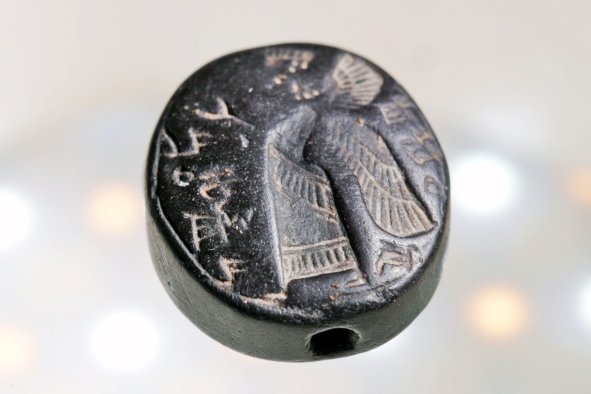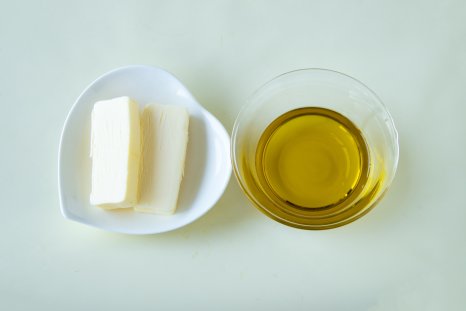More accessible weight loss medication is on the horizon after drugmaker Eli Lilly announced it was significantly lowering the prices of their popular pound-shedder, Zepbound. But does this new version of the drug come with its own costs?
Zepbound is the latest drug to join the growing list of anti-obesity medications approved by the U.S. Food and Drug Administration. Like the blockbuster Wegovy, and its sister drug Ozempic, Zepbound—which is based on a drug called Tirzepatide—works by mimicking the activity of the naturally occurring human hormone glucagon-like peptide 1, or GLP-1
These play an important role in regulating appetite and blood sugar levels. However, unlike Wegovy and Ozempic, Zepbound also imitates the structure of a second hormone, known as gastric inhibitory polypeptide, or GIP.
When combined with GLP-1, GIP plays an important role in blood glucose regulation and fat metabolism. Both hormones also slow down the rate at which our stomachs empty, helping us feel full for longer.
"Lowering the cost of medication gives access to more people who need it," Dr. Muhammad Ghanem, a bariatric surgeon with the Orlando Health Weight Loss and Bariatric Surgery Institute," told Newsweek. "As accessibility increases however, the need for education increases too."
Zepbound is typically sold in an injector pen, which combines the drug and injector needle in a single applicator. But to cut down on costs and production timelines, the new version of the drug comes in a vial and requires patients to inject it with their own syringe.
"When it comes to medications that patients have to draw with a syringe themselves, patients now take on that responsibility," Ghanem said.
"So, it is imperative that healthcare providers educate their patients on how to administer the medication safely. Every patient is different so physicians should distinguish whether a vial and syringe are a good option for their individual patient."
While self-injection might require more skill, Elli Lilly said that the new, single-dose vials offer a "safe and effective treatment option."
"This new option helps millions of adults with obesity access the medicine they need, including those not eligible for the Zepbound savings card program, those without employer coverage, and those who need to self-pay outside of insurance," the company said in a statement.
The single-dose vials come in two amounts—2.5 milligrams and 5 milligrams—costing $399 a month and $549 a month, respectively. However, the lower-cost doses will only be offered through the company's telehealth platform, LillyDirect, and will not be covered by insurance.
"Distributing the vials via this channel ensures patients and providers can trust they are receiving genuine Lilly medicine, building on the company's efforts to help protect the public from the dangers posed by the proliferation of counterfeit, fake, unsafe or untested knockoffs of Lilly's medications," the company said.
Newsweek has contacted Lilly via email for comment.
James Zervos, chief operating officer for the Obesity Action Coalition, said that the development marked a significant milestone in tackling cost barriers in anti-obesity medication.
"People living with obesity have long been denied access to the essential treatment and care needed to manage this serious chronic disease," Zervos said in a statement.
"Expanding coverage and affordability of treatments is vital to people living with obesity. We commend Lilly for their leadership in offering an innovative solution that brings us closer to making equitable care a reality.
"Now, it's time for policymakers, employers and insurers to work with pharmaceutical companies to ensure no one is left behind in receiving the care they deserve and need."
Ghanem added: "Accessibility to healthcare is incredibly important and now this is another tool that doctors have when helping their patients. This development, though, underscores the importance of education if patients and their healthcare providers decide to go that route."
Is there a health problem that's worrying you? Do you have a question about weight loss? Let us know via health@newsweek.com. We can ask experts for advice, and your story could be featured on Newsweek.
Disclaimer: The copyright of this article belongs to the original author. Reposting this article is solely for the purpose of information dissemination and does not constitute any investment advice. If there is any infringement, please contact us immediately. We will make corrections or deletions as necessary. Thank you.



